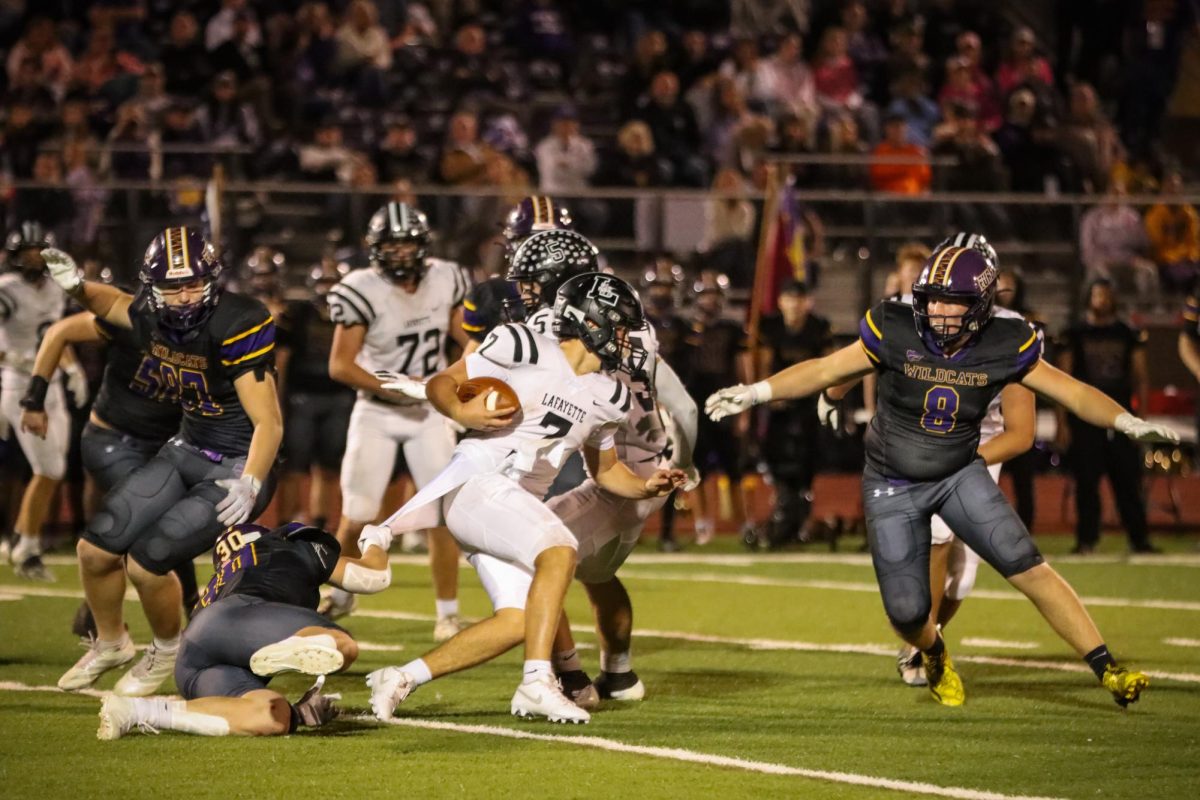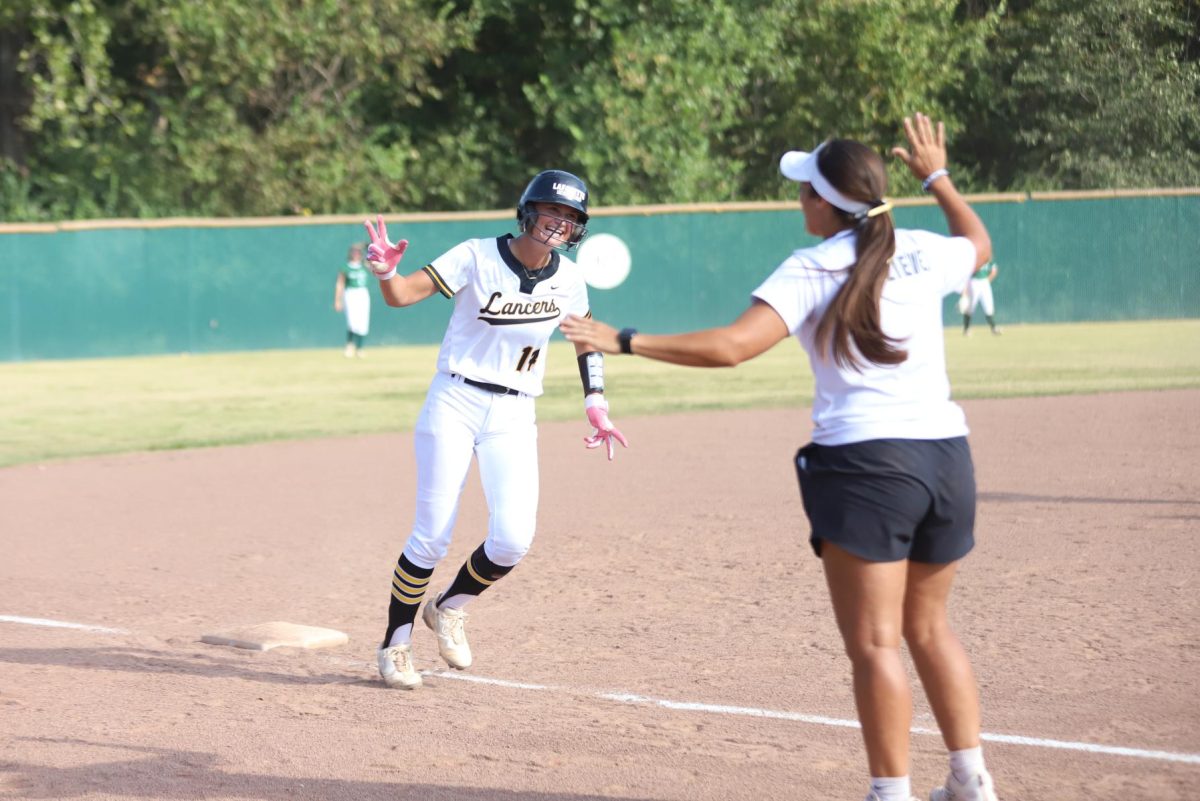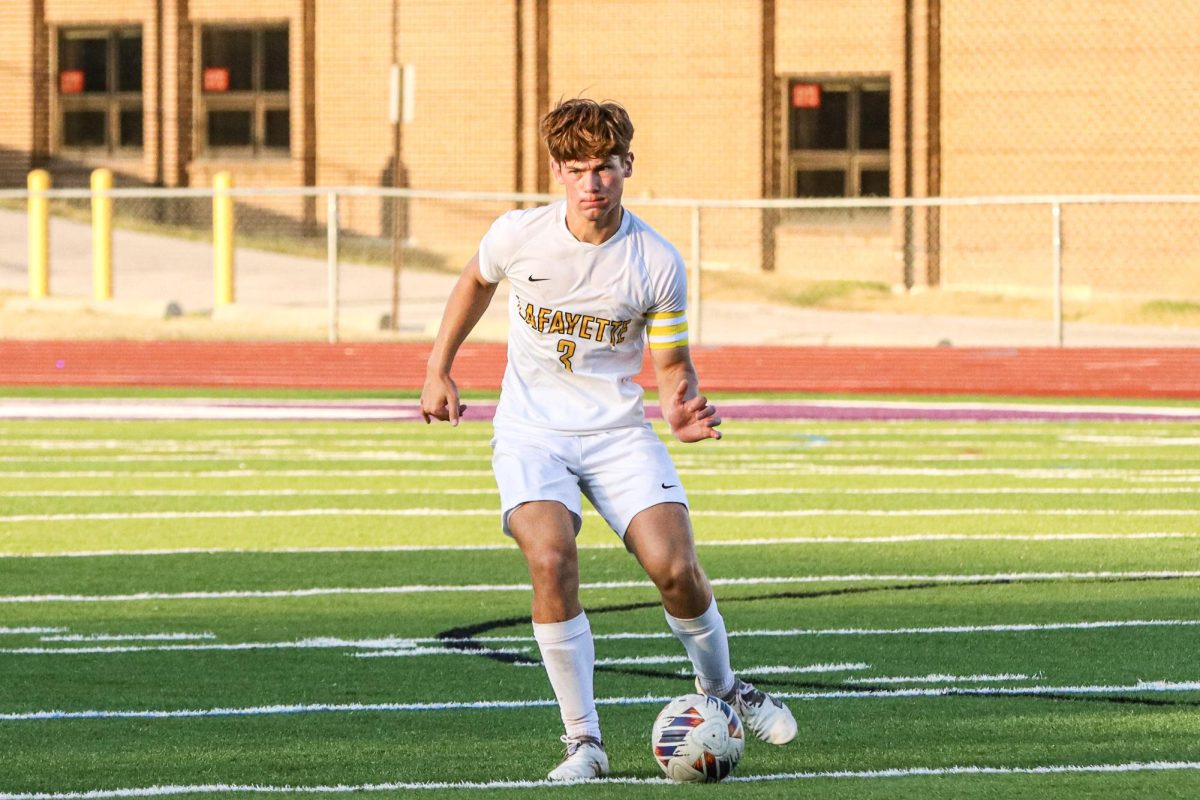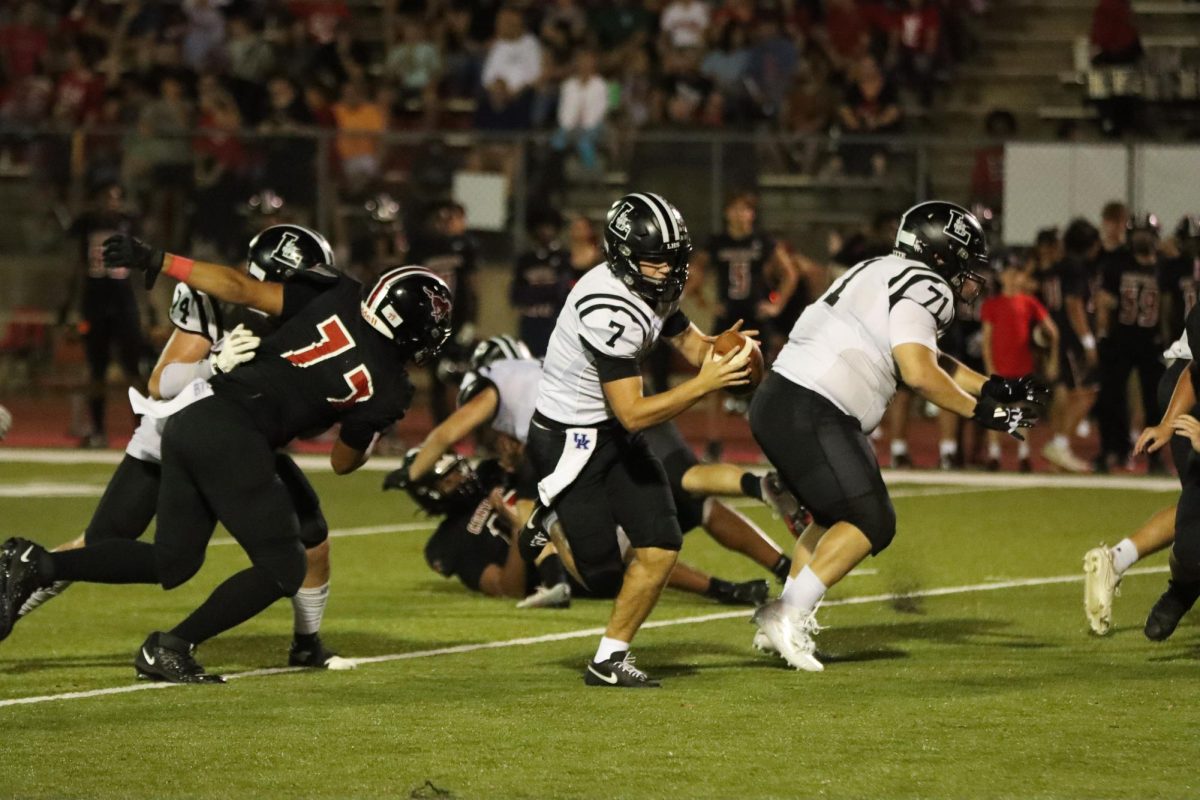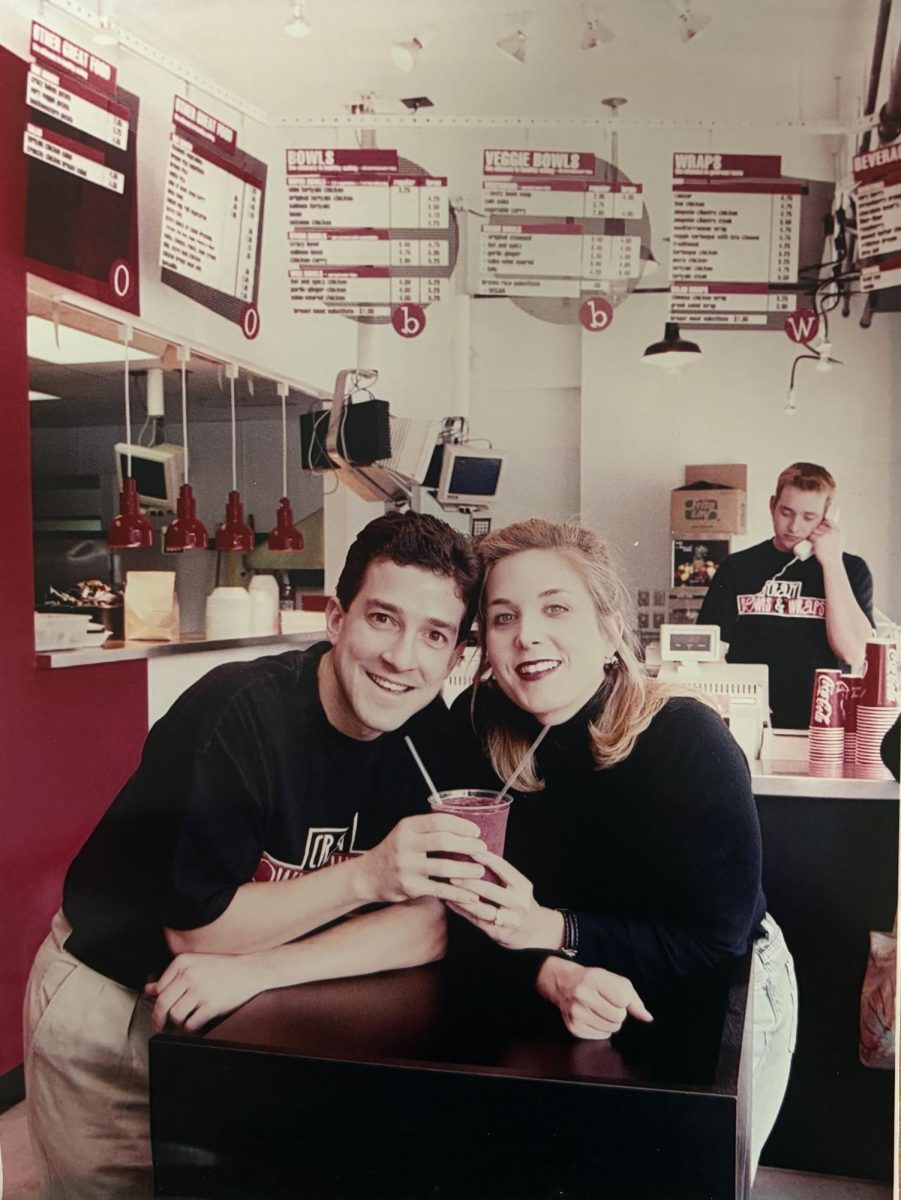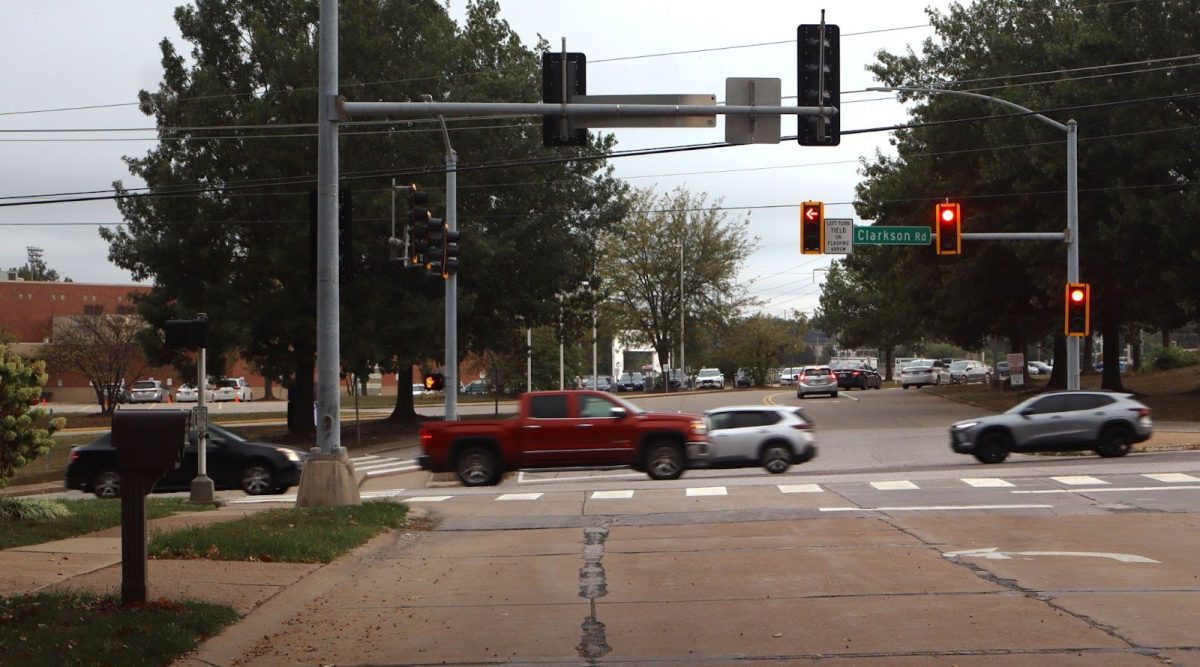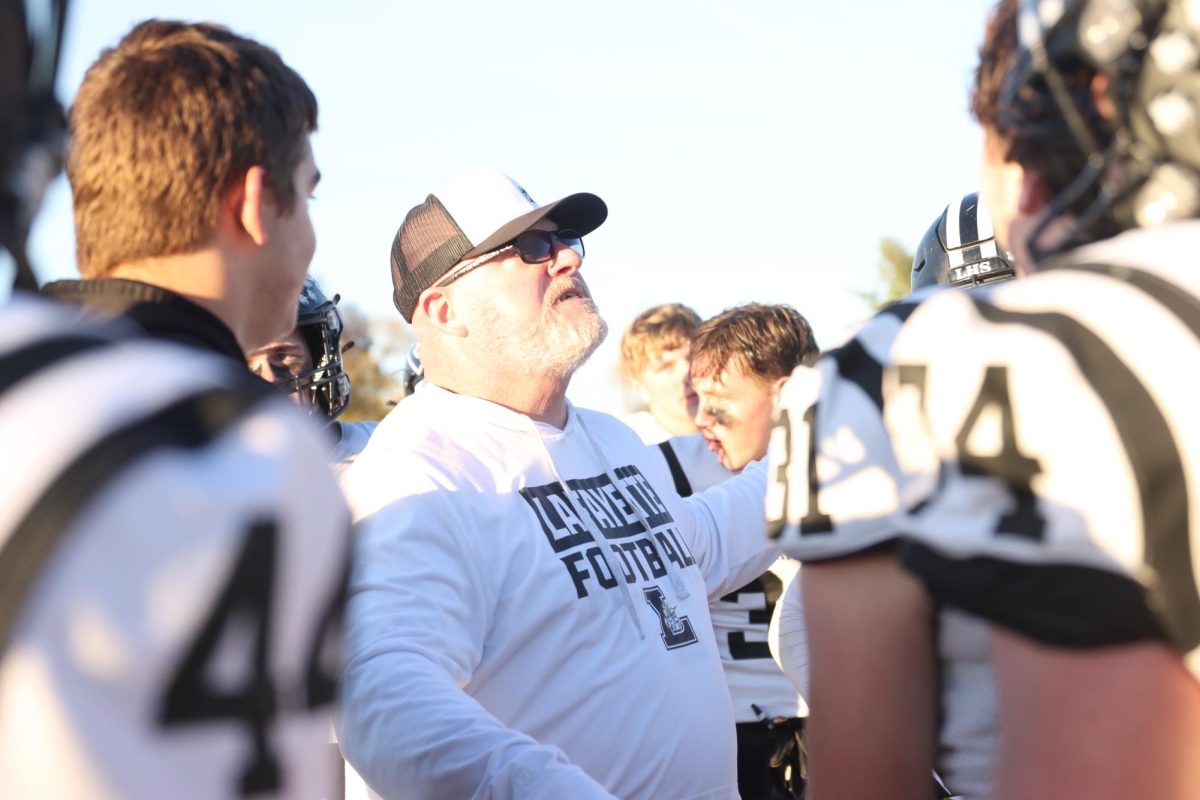Since graduating from Lafayette, Class of 2009 graduate Garrett Tripp has been working in the film and television industry for 12 years, starting when he was in college.
As Tripp has gained experience, he’s worked with and become friends with writers and actors. Because of this and his current job, he saw the effect of the Writers Guild Association’s strike and the ongoing Screen Actors Guild – American Federation of Television and Radio Artist strike.
“The WGA finished 148 days of strike and that means they halted all work so it was pen down, nothing to paper for any of the writers in the industry,” Tripp said.
When the strike ended, the writers won a lot of great things according to Tripp.
“The things they were most worried about were the use of [artificial intelligence] within projects and writers room staffing minimums,” he said. “When it comes to AI, writers were concerned about two things. One was that they would be given an outline or a script written by AI and asked to rewrite it. The other thing they were worried about is feeding AI scripts so that AI can write scripts in the tone of a certain writer.”
In the strike, they won the right to sue if their scripts are ever used to create an AI generated script in their voice and they will not be given any scripts and outlines written by AI.
“With the transition into streaming, all the episode counts have shrunk. When there’s fewer episodes, it doesn’t allow writers to work for a length of time,” Tripp said. “It’s caused a huge wage discrepancy between the top writers and the low level writers. It was really important for the union to increase the minimum number of staff writers required for a show based on episode counts.”
By raising the minimum number of writers, the union created more job security. Soon after the WGA started their strike, SAG-AFTRA began their strike.
“When the writers went on strike, nothing was being written or developed any longer but productions were still shooting. Then when the actors striked, all productions halted because you can’t make a movie without actors,” Tripp said.
The actors are striking for better working conditions and pay along with being concerned about AI and how streaming is transforming the industry. The strike began on July 14 and has continued for over one hundred days.
In an article by The Guardian, they said the continued strike means “production will remain suspended on many TV shows and dozens of films, including Wicked, Deadpool 3 and Mission Impossible – Dead Reckoning Part 2.”
Tripp said that even once the actors strike has ended, the film and television industry will continue to feel the impact.
“There will definitely be a ripple effect that happens over the next coming months and years simply because the amount of content that is going to be created is going to be drastically smaller than what we all have experienced over the last couple of years,” he said. “This strike is going to be like breaking the camel’s back where it’s going to be the beginning of studios reining spending in and being much more selective into what they’re going to be producing.”
This won’t necessarily be a bad thing though, according to Tripp. Instead of having a never ending list of shows to watch, he sees an opportunity for everyone to start watching the same few shows again.
“Back in the day of regular TV, everyone would watch Survivor and then the next day they would all talk about it and it would have a water cooler effect where art, film and television would interweave themselves into our communities,” he said. “I’m hopeful that will happen again as the mass influx of shows is no longer there but the quality is.”






